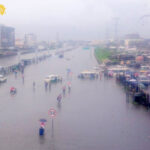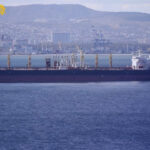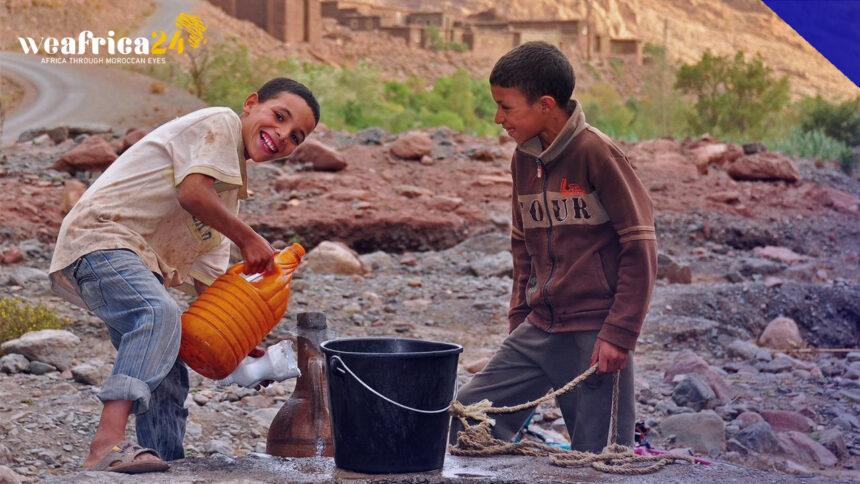In recent years, Morocco has been grappling with a growing water crisis that threatens the livelihoods of its citizens and the sustainability of its environment. With the combination of climate change, overpopulation, and inefficient water usage, Morocco’s water shortage has become a significant challenge that requires immediate attention.
Morocco is predominantly an arid and semi-arid country with limited rainfall, and most of its water resources come from surface and groundwater reserves. However, these reserves have been steadily depleting due to prolonged droughts and increased water usage. According to the Moroccan Ministry of Agriculture, the country’s water resources have decreased by 70% in the last 40 years, and the water table is declining at a rate of one meter per year in some areas.
One of the major factors contributing to the water shortage in Morocco is climate change. The country is experiencing more frequent and severe droughts, which have led to reduced water availability for agricultural and domestic use. Furthermore, rising temperatures have increased the rate of evaporation, which means that water resources are lost more quickly. As a result, farmers and households are struggling to access sufficient water to meet their basic needs.
Factors Contributing to Morocco’s Water Crisis
Another contributing factor to the water crisis is the rapid growth of the population. Morocco’s population has doubled in the last 30 years, putting a strain on the country’s already limited water resources. The water demand has increased significantly, and the current infrastructure cannot keep up with the demand.
Inefficient water management practices are also contributing to the water shortage in Morocco. Agriculture accounts for over 80% of water consumption in the country, and most of the irrigation systems used are outdated and inefficient. This leads to significant water losses and contributes to the depletion of groundwater reserves. Moreover, water is often wasted due to leaks in pipes and inadequate maintenance of water supply infrastructure.
The water crisis in Morocco has significant economic and social impacts. The agricultural sector, which is a crucial component of the country’s economy, is suffering from water scarcity, and farmers are facing significant losses. The shortage of water also affects other industries such as tourism and manufacturing, which rely on a stable water supply. Additionally, households in rural areas are struggling to access clean water for drinking and sanitation, leading to health issues and increased poverty.
To address the water crisis in Morocco, the government and other stakeholders must take decisive action. The government needs to invest in infrastructure and modernize irrigation systems to reduce water losses and increase efficiency. The country should also focus on promoting water conservation and increasing public awareness of the importance of water management practices. Furthermore, there is a need to invest in research and development to find sustainable solutions to the water crisis.







